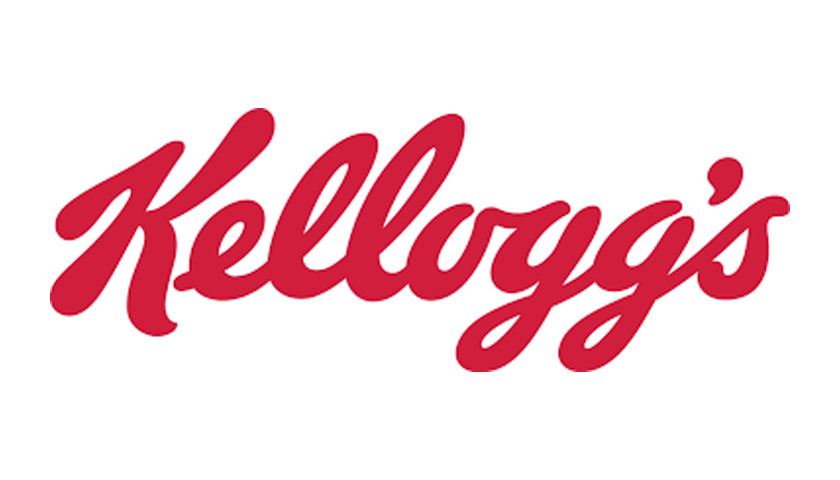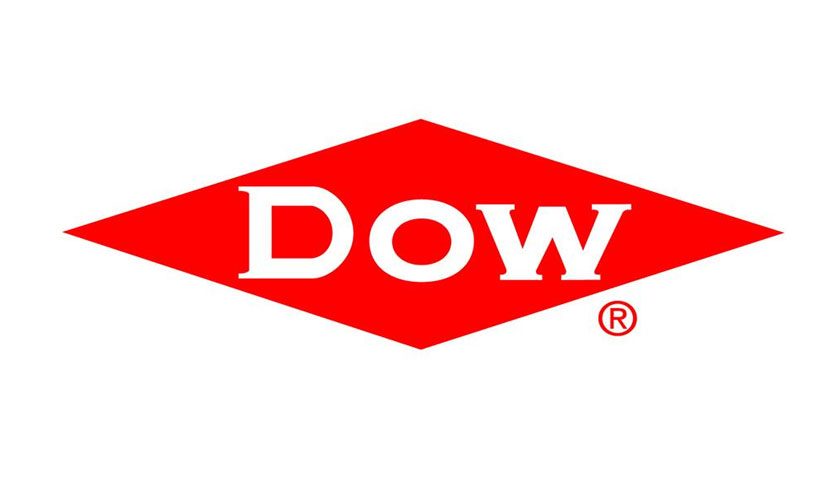Cereal and snacks company, Kellogg UK has announced a new ambitious target to reduce organic waste.
By 2030 the Manchester headquartered business will cut its organic waste – which includes food waste – by 50 per cent as part of its global Better Days corporate commitment to reduce its impact on the planet.
Organic waste occurs during food production due to things like cleaning processes, quality control or changeover when making different products using the same equipment.
Typically food businesses generate different types of organic waste – some is still edible and can be put to good use and other not edible and ends up being used as animal feed or sent to make energy through anaerobic digestion.
Chris Silcock, head of Kellogg UK, explains: “Our goal is to always prevent waste occurring in the first place. That’s why today we are saying we are going to reduce the amount of organic waste we produce by half. We are investing in training and new processes to help make this happen and is our top priority
“Where we do create food waste which is edible and safe to donate, we are committed to putting this to good use and helping to feed people. That’s why we’ll continue to donate as much of this as possible to organisations like food banks and community feeding schemes. Where we can’t donate food, we will find new innovative ways to use it, like using it ingredients in other foods and selling to breweries who can turn it into beer.
“Only after these possibilities are exhausted will we consider sending organic food waste to animal feed or to make energy. That’s because we believe, where possible, food waste which is safe to donate should be used to help feed people in need. Where it is still edible but not completely perfect we are committed to exploring innovative food and drink based alternatives.”
Where food is already packaged but unable to be sold for reasons such as damage in transportation, Kellogg UK will continue to donate to food redistribution charities such as FareShare. In 2018, we provided nearly 10 million servings of food to people in need in the UK through our charity partners FareShare and the Trussell Trust.
This year Kellogg’s UK teamed up with Salford-based brewery Seven Bro7hers to turn ‘less-than-perfect’ Kellogg’s Rice Krispies, Kellogg’s Coco Pops and Kellogg’s Corn Flakes into beer.
The beers were made from discarded grains created in the cooking process. Flakes that are perhaps overcooked, uncoated or discoloured, and therefore have not passed Kellogg’s strict quality control, were made into ‘upcycled’ craft ales.
The move is part of the company’s commitment to Champions 12.3 – a coalition of multinational businesses and organisations to reduce their food waste in line with the United Nation’s Sustainability Development Goals.

